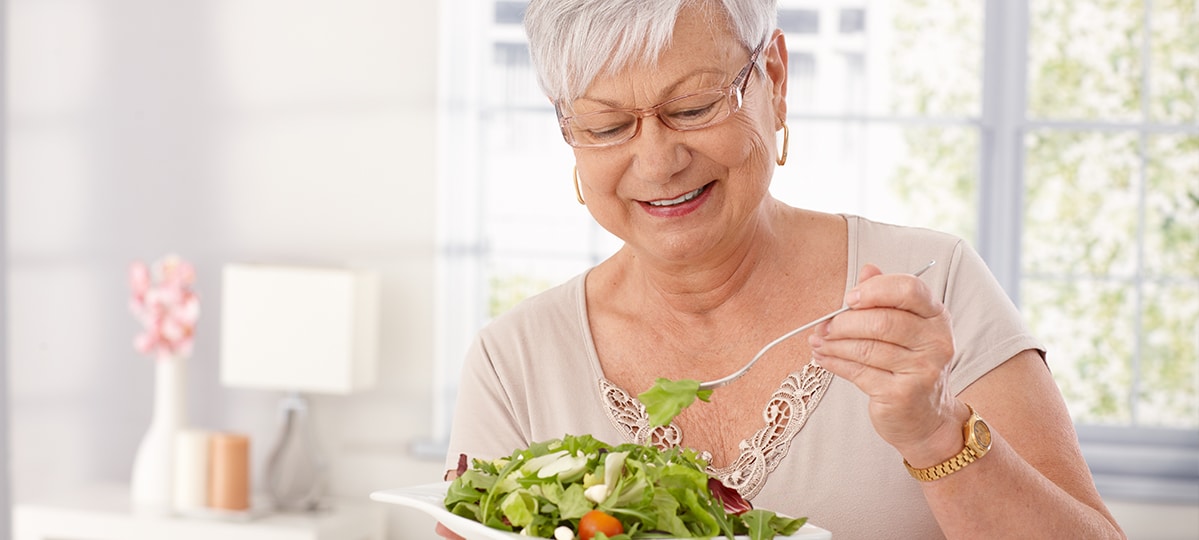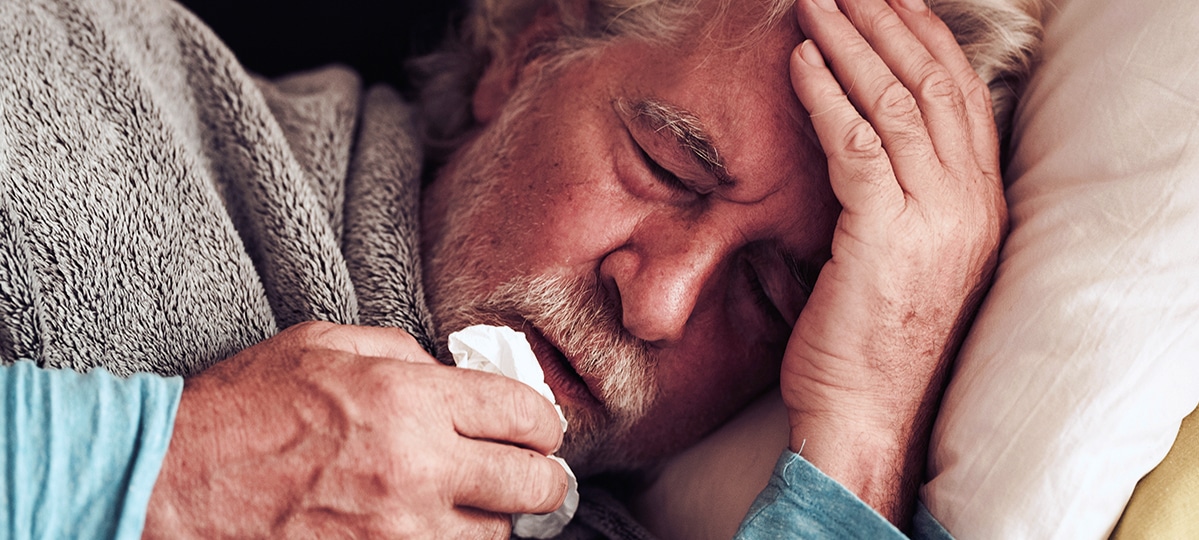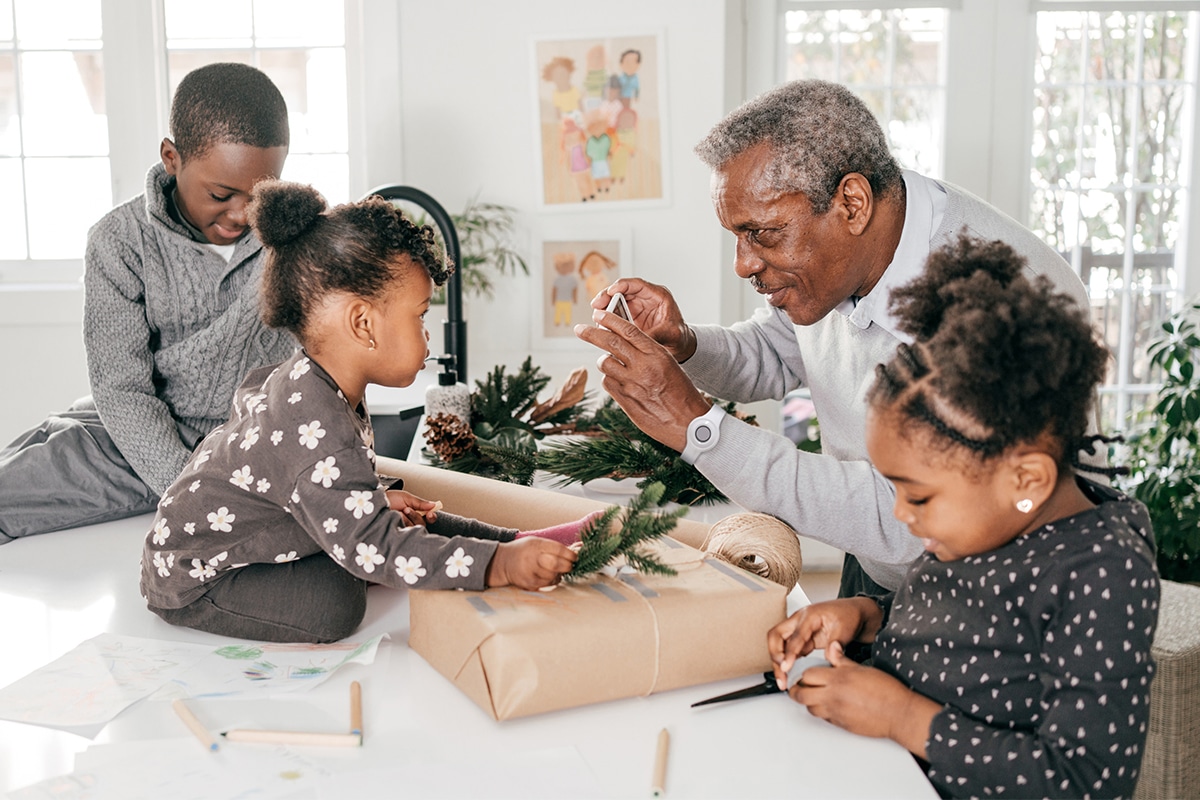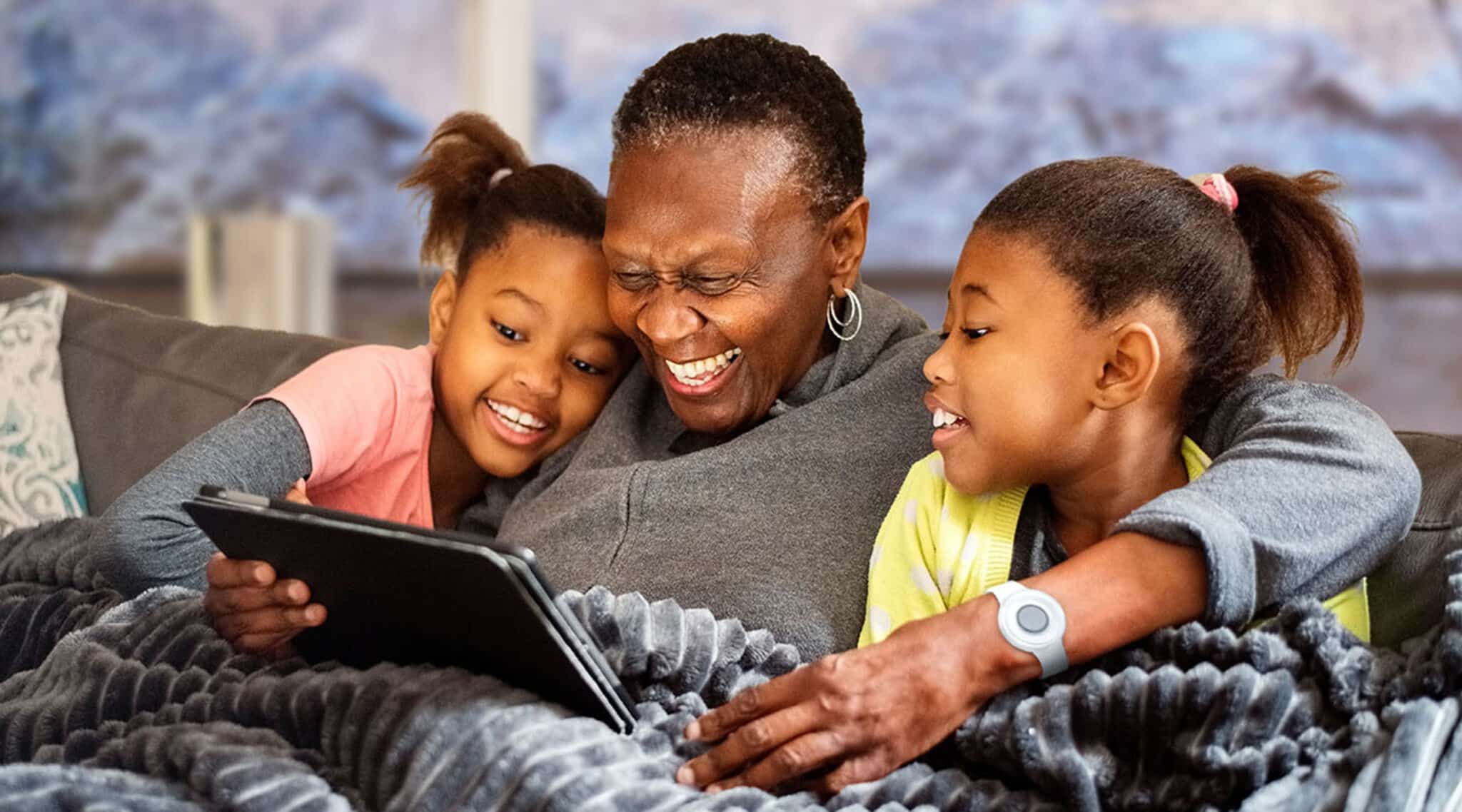Aging is a natural part of life, and many of us desire to age independently while maintaining our health, happiness, and safety. Fortunately, there are several strategies and lifestyle changes you can implement to support successful aging in place.
Plan to Age in Place
Aging in place is all about making your home safer and more accessible as you grow older. Some popular home modifications include installing grab bars in the bathroom, adding night lights throughout the house, and investing in motion-sensor fixtures. However, it’s important to consult with a certified aging-in-place specialist who can provide expert guidance and estimates for larger home improvement projects.
Consider upgrading your bathroom with a curbless shower, which not only enhances accessibility but also adds a touch of modernity to your home. Additionally, widening doorways and installing ramps can make your home wheelchair-friendly if mobility becomes an issue.
Exercise for Cognitive and Physical Fitness
Staying active is a key component of aging well. Regular exercise has been proven to have numerous physical, emotional, and cognitive benefits. Before starting any exercise regimen, consult with your healthcare provider to ensure it aligns with your health goals.
If you’re looking for specialized guidance, consider working with a personal trainer who can tailor workouts to your needs. For cognitive fitness, a cognitive specialist can help you engage in brain-stimulating activities and exercises. For those with mobility issues, explore seated exercises that offer a great way to stay active while seated comfortably. Nature-based therapy, like forest bathing, can also provide cognitive benefits by connecting you with nature.
Enhance Home and Personal Safety
Feeling safe and secure in your home is essential for aging independently. Beyond home modifications, getting to know your neighbors, mail carriers, and local business owners can foster a sense of community and support.
Consider wearing a medical ID bracelet or necklace with vital health information in case of emergencies when you may not be able to communicate effectively. In addition, consider a medical alert system if you need fast access to help. To boost home security, invest in video doorbells and motion-sensor outdoor lighting, which not only deter potential intruders but also provide added visibility during nighttime.
Remain Socially Active
Loneliness and isolation can be common challenges as we age. Combatting these feelings is crucial for mental well-being. In addition to joining interest groups or clubs that meet in person or virtually, don’t forget to explore your local senior center. These centers often offer a wide range of activities and programs to help you stay socially engaged.
Embrace technology by using social media platforms and apps to connect with friends and family, especially if they live far away. Video calls and messaging apps can help bridge the gap and keep you connected to your loved ones.
Learn Fall Prevention Strategies
Falls are a significant concern for seniors, and learning how to prevent them is paramount. Start by asking your doctor for a home fall risk assessment. They can provide personalized recommendations to reduce your risk of falling.
Seek out group fall prevention programs offered by your local council on aging or senior centers. These programs often include exercises to improve balance and strength, as well as education on creating a safer home environment. Consider contacting your local health department or a senior services agency for a comprehensive home safety evaluation.
Embracing these success strategies can empower you to age independently and gracefully. Remember that aging is a journey, and by taking proactive steps to enhance your home, health, safety, social connections, and fall prevention skills, you can enjoy a fulfilling and independent life as you grow older.




